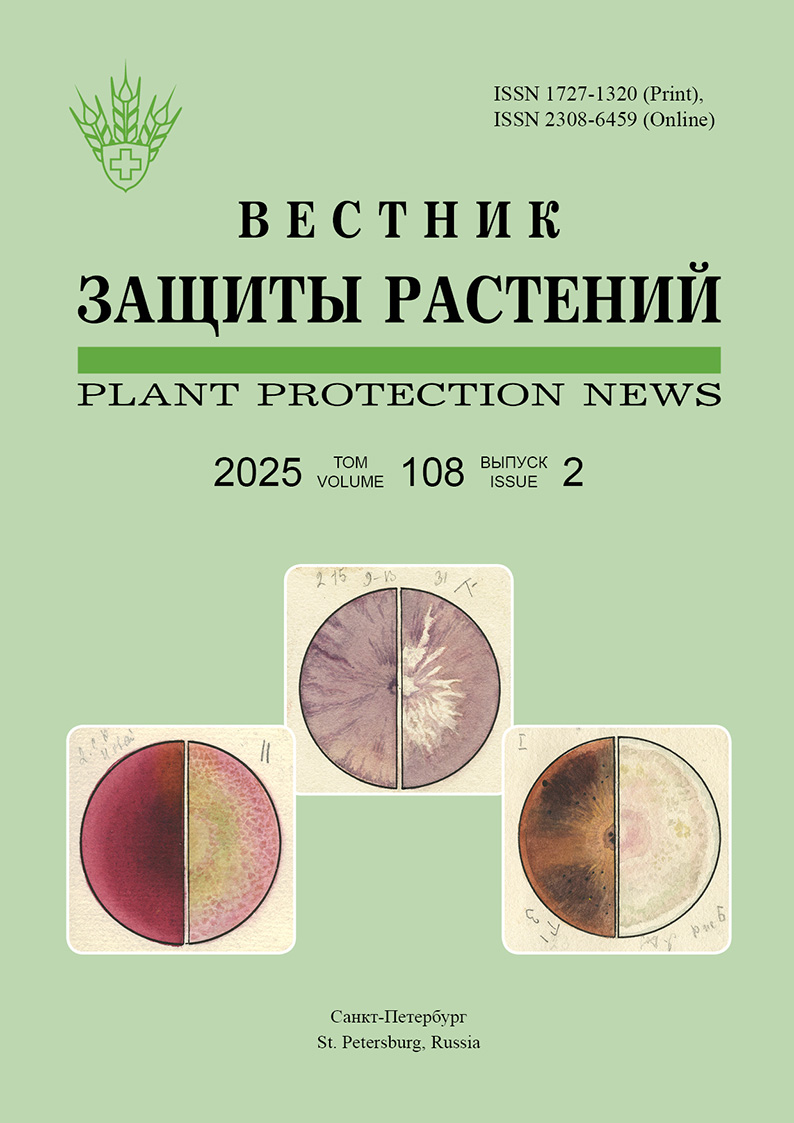Evaluation of Lucilia sericata (Diptera, Calliphoridae) eggs as a food for the predatory bug Macrolophus pygmaeus (Heteroptera, Miridae)
Keywords:
mass rearing, entomophagous insects, predatory bugs, biocontrol, alternative feed, developmental rate, fecundityAbstract
Under laboratory conditions, life cycle parameters of the predatory bug Macrolophus pygmaeus were compared when fed with an alternative (eggs of the common green bottle fly Lucilia sericata) and the standard feed (eggs of the Angoumois grain moth Sitotroga cereallella). Bugs were kept individually to prevent mortality due to the cannibalism. The nymphal development, the survival rate of adults, the lifespan of males and females, their weight and the proportion of females in the culture fed with the alternative feed didn’t differ from those obtained using the standard feed. The difference of female fertility between the experimental and standard variants were not statistically significant as well. In general, the fly eggs could be considered a suitable feed for the predatory bug M. pygmaeus and recommended for partial substitution of the lepidopteran insect eggs.



